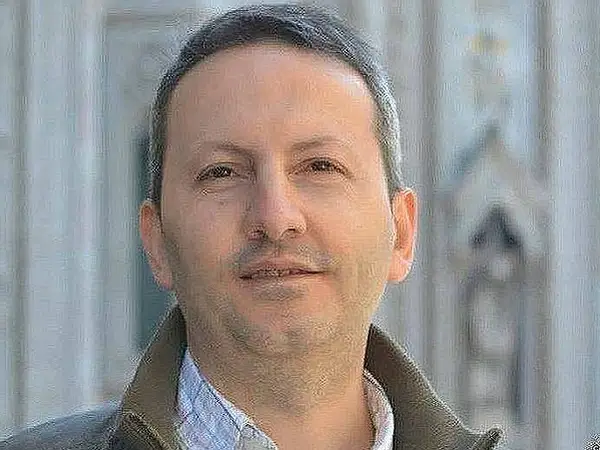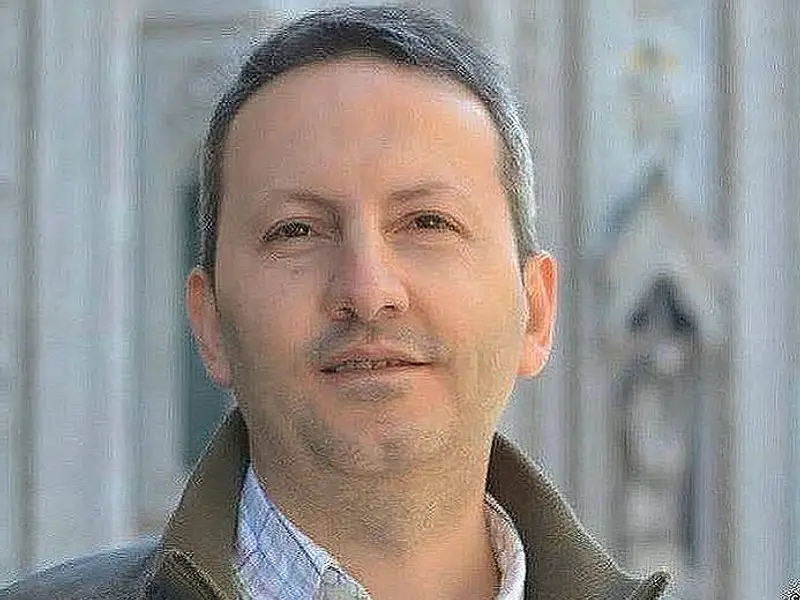The United Nations human rights office urged Iran Tuesday to halt the execution of Swedish-Iranian academic Ahmadreza Djalali and rescind his death sentence.
The semi-official ISNA news agency had reported that Djalali (Jalali), a specialist in emergency medicine, would be executed by May 21 following his conviction for espionage in 2017. Human rights groups said his trial – by a Revolutionary Court, following his arrest in 2016 while visiting Iran on an invitation from a university – was unfair.
On Monday, Iranian Foreign Ministry Spokesman Saeed Khatibzadeh told a press conference that a request to postpone Djalali’s execution was under consideration and that the judiciary was “following up on this." Enrique Mora, the senior European Union official coordinating talks to revive the 2015 Iran nuclear agreement, said he had raised the case on his Tehran visit last week, requesting a stay of execution and Djalali’s release on humanitarian grounds.
There have been reports in recent weeks and months of Iran being in contact with both the United States and European states over potential prisoner swaps. Nazanin Zeghari-Ratcliffe, a British-Iranian citizen, was released last month after the British agreed to pay a long-standing £400-million (around $500 million) debt to Iran.
There has been speculation that the announcement of Djalali’s execution was intended to influence the trial in Sweden of Hamid Nouri, a former Iranian official, over his alleged role in a wave of prison executions in Iran in 1988. Tehran has said Djalali’s arrest and detention, a rare example of universal jurisdiction, are illegal.

